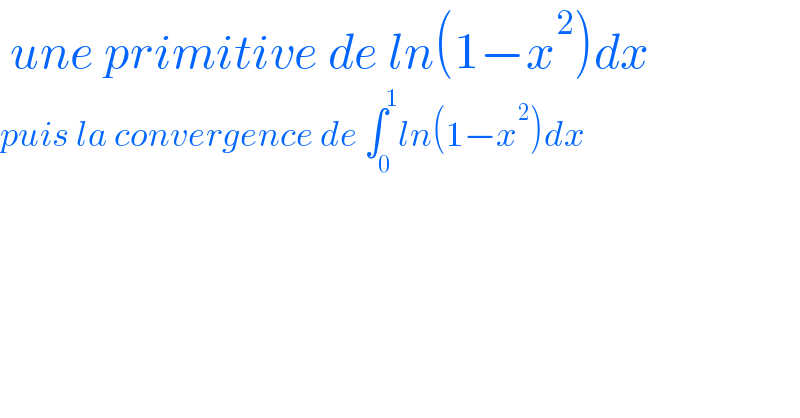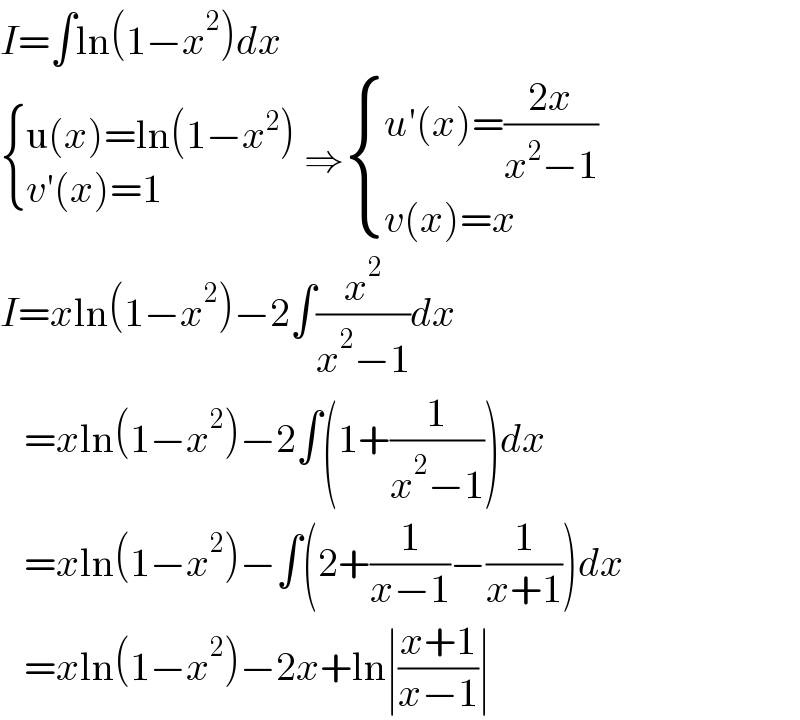
Question and Answers Forum
Question Number 164471 by SANOGO last updated on 17/Jan/22

Answered by Ar Brandon last updated on 18/Jan/22

| ||
Question and Answers Forum | ||
Question Number 164471 by SANOGO last updated on 17/Jan/22 | ||
 | ||
Answered by Ar Brandon last updated on 18/Jan/22 | ||
 | ||
| ||